Not suitable, not feasible
The Vietnam Livestock Association said that on May 6, Chairman of the Vietnam Livestock Association Nguyen Xuan Duong signed a document sent to the Ministry of Natural Resources and Environment recommending that livestock farms not be included in the list of greenhouse gas inventories at the present time.
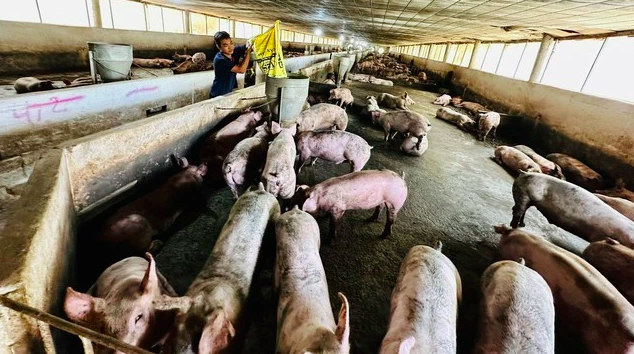
Putting livestock farms on the list of greenhouse gas inventories at this time is not feasible and can easily lead to negative consequences.
Previously, on April 19, the Vietnam Livestock Association received a document from the Ministry of Natural Resources and Environment regarding comments on the Draft Decree amending and supplementing a number of articles of Decree 06/2022/ND-CP of the Government regulating greenhouse gas mitigation and ozone layer protection, including the content of adding livestock sectors and facilities to the list of areas subject to greenhouse gas inventory.
In a document sent to the Ministry of Natural Resources and Environment, the Vietnam Livestock Association stated that, compared to developed industrial countries, Vietnam's space for greenhouse gas emission reduction is still quite large, with many sectors that can participate to ensure that Vietnam achieves its commitments on greenhouse gas emission reduction such as: mining industry, steel smelting, construction, transportation, afforestation, rice cultivation, etc.
These are potential, high-profit sectors supported by the State, such as afforestation or the project of intensive cultivation of 1.0 million hectares of quality rice and emission reduction in the Mekong Delta... Meanwhile, livestock is a sector facing many difficulties compared to other economic sectors and compared to the livestock sector of developed countries.
Accordingly, the Vietnam Livestock Association stated that putting livestock facilities on the list of greenhouse gas inventories at this time is inappropriate, unfeasible, and lacks the State's sharing with a sector that is facing too many risks in integration.
Incur large costs, prone to negative effects
Also in the petition sent to the Ministry of Natural Resources and Environment, the Vietnam Livestock Association pointed out the shortcomings if greenhouse gas inventories were immediately applied to livestock farms.
Specifically, this regulation increases production costs, increasing the price of domestic livestock products, which are currently very high compared to developed countries. Just counting the cost of inventory activities, each livestock facility loses from 100 to 150 million VND annually; not to mention that these facilities must comply with the annual quota to reduce greenhouse gases. If they fail to meet (basically fail to meet), they will be punished for violations, causing many difficulties for livestock farmers and giving rise to unnecessary negative effects.
In addition, the number of livestock facilities is very large, except for dairy farms and pig breeding farms directly managed by companies and corporations, which have good management and technical staff who can carry out inventory techniques and strictly apply greenhouse gas emission reduction processes, but most of our livestock farms in production do not meet this requirement.
According to the Vietnam Livestock Association, based on the experience of TH Group in the past 4 years, the first 2 years of implementing greenhouse gas inventory activities of farms were very difficult, even though the enterprise had large investments and direct guidance from foreign experts.
Currently in Vietnam, there are very few domestic service organizations and experts with sufficient qualifications and experience to guide the inventory and control measures of greenhouse gases in the livestock sector and training time is needed.
Accordingly, the Vietnam Livestock Association recommends that the Ministry of Natural Resources and Environment not include livestock sectors and facilities in the list of greenhouse gas inventories in the current period, at least from now until 2027, so that management agencies, service units and livestock farmers have more time and conditions to get acquainted, acquire appropriate knowledge and technology, renovate barns and prepare resources to be able to implement these new and complex issues.
Source: https://thanhnien.vn/quy-dinh-kiem-ke-khi-nha-kinh-o-trang-trai-lon-ga-thieu-kha-thi-185240509175138393.htm














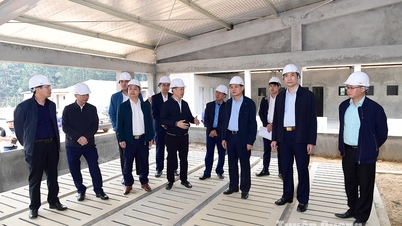

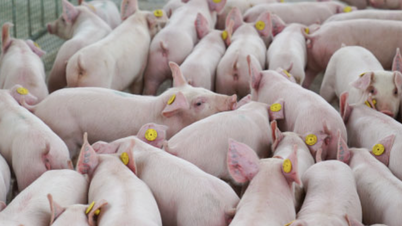

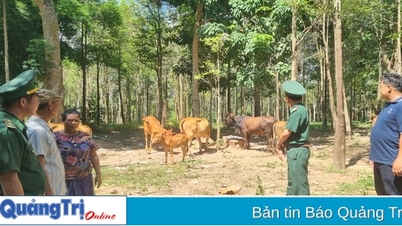
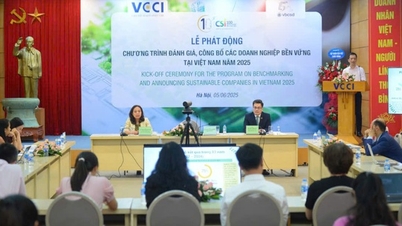

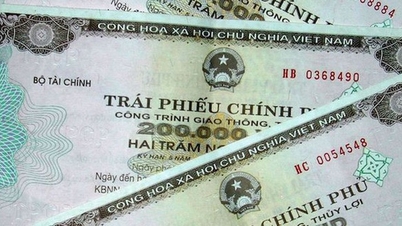
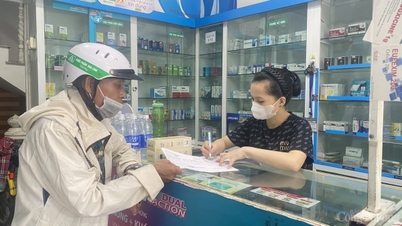


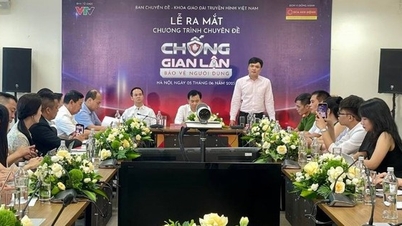
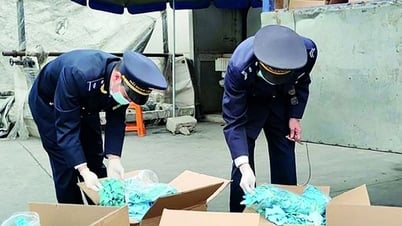







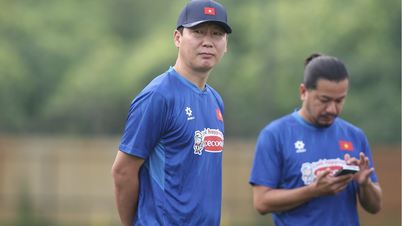
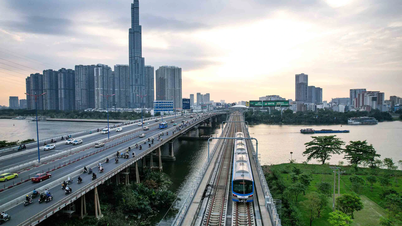




































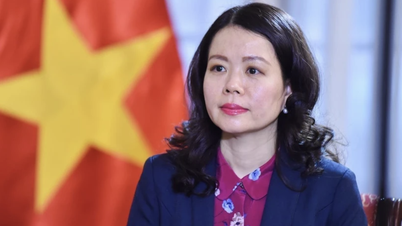








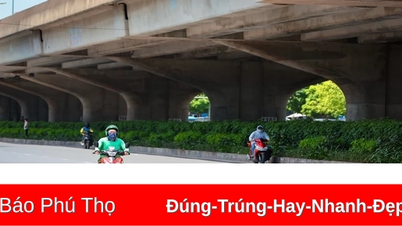

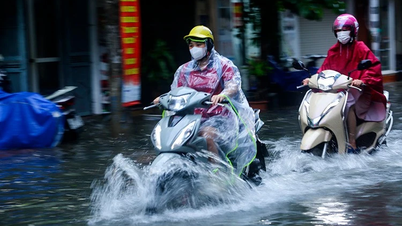

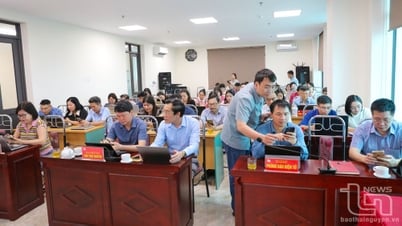

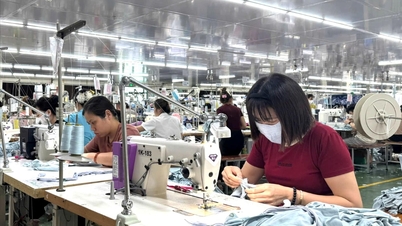

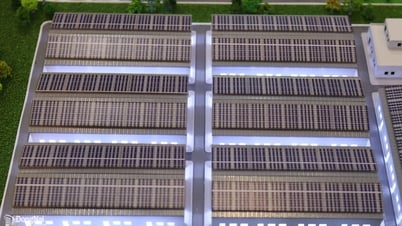

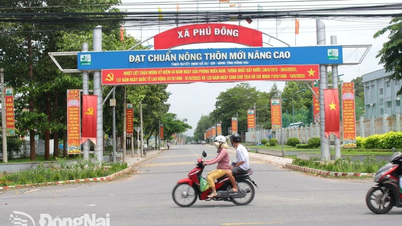









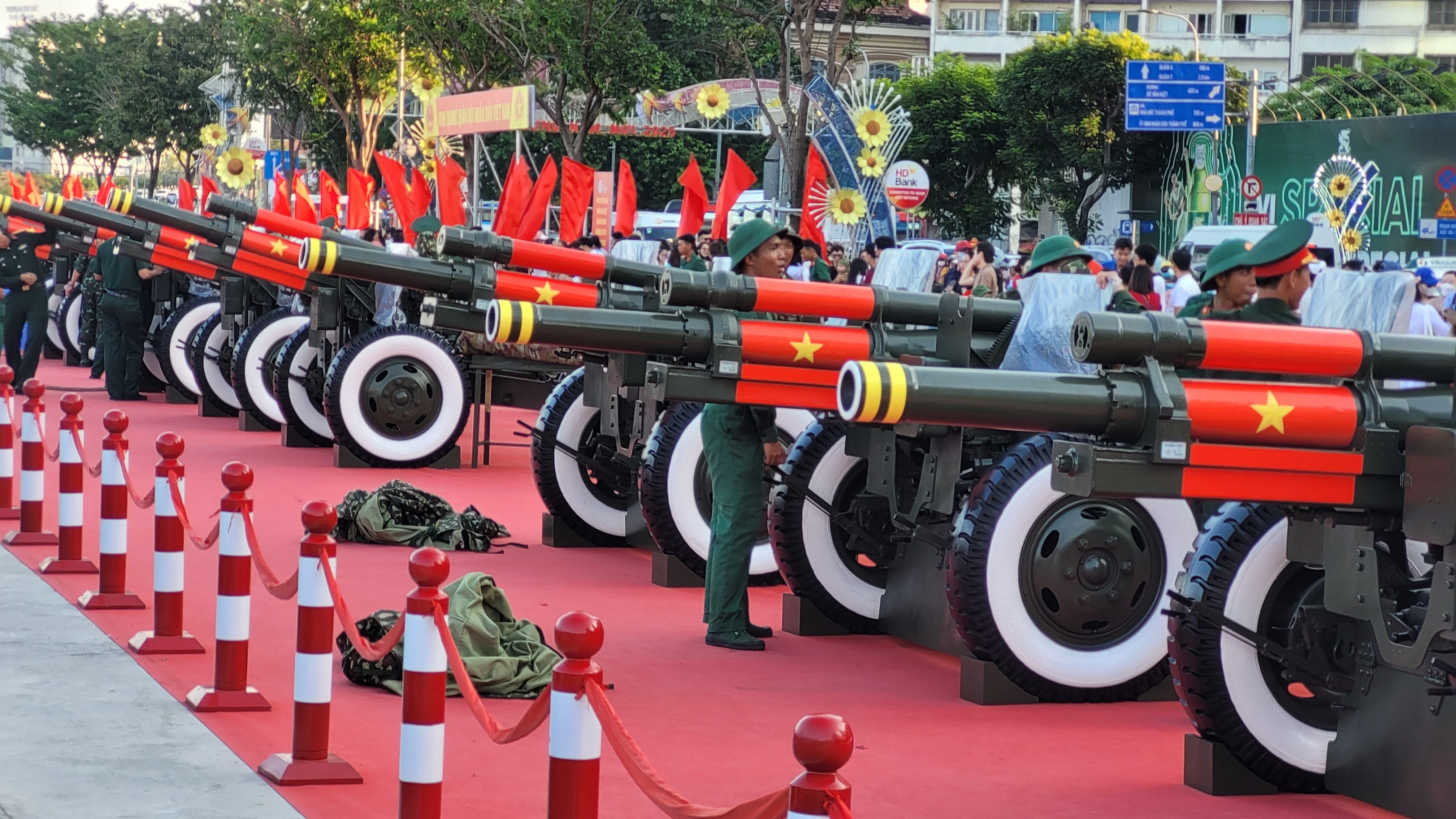
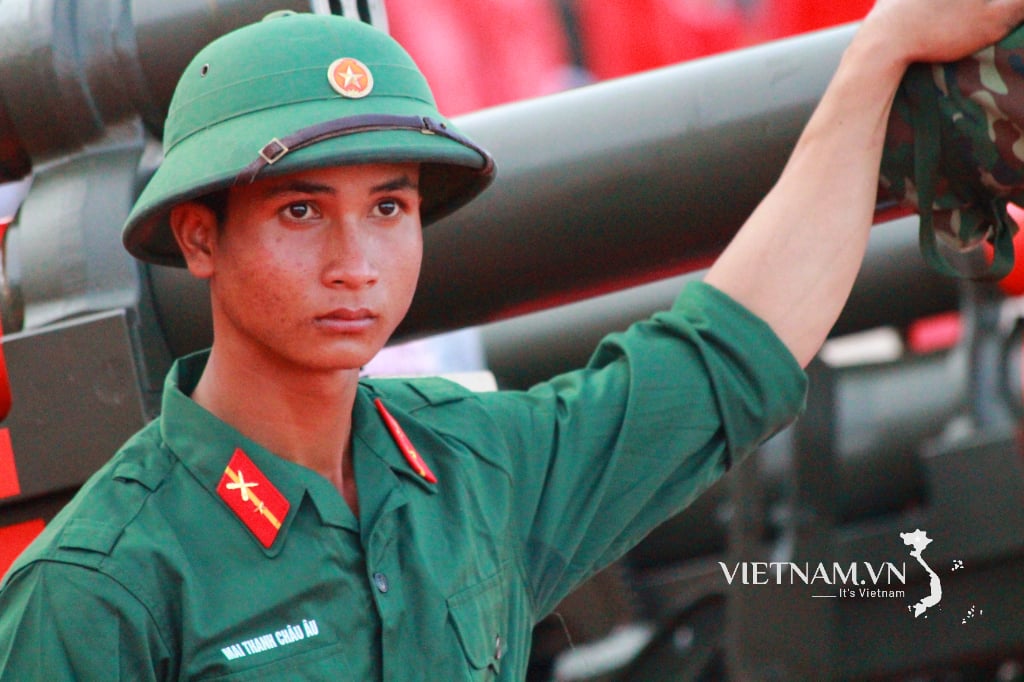
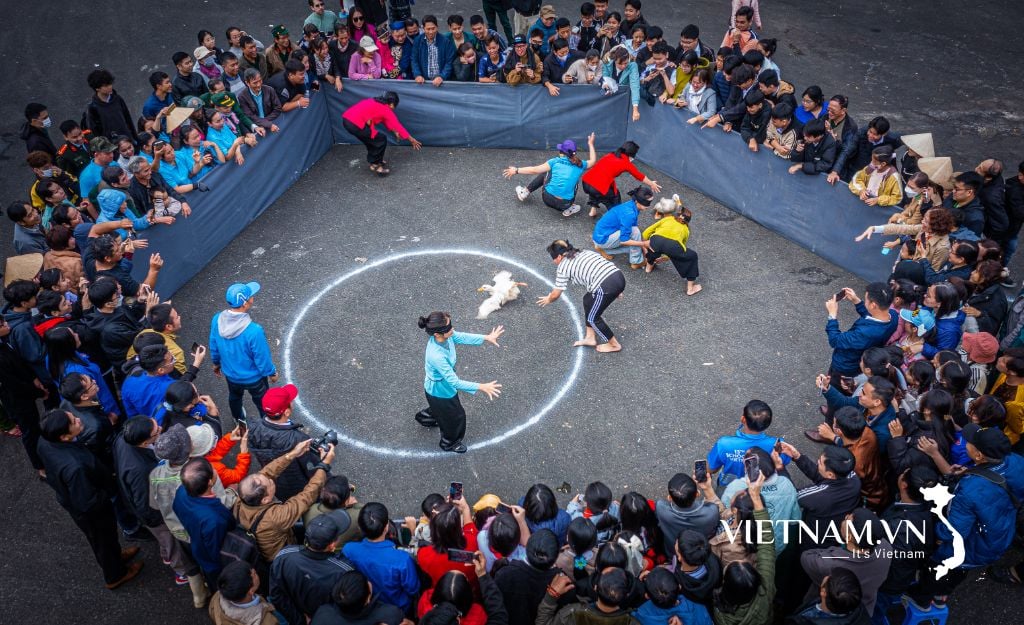

Comment (0)